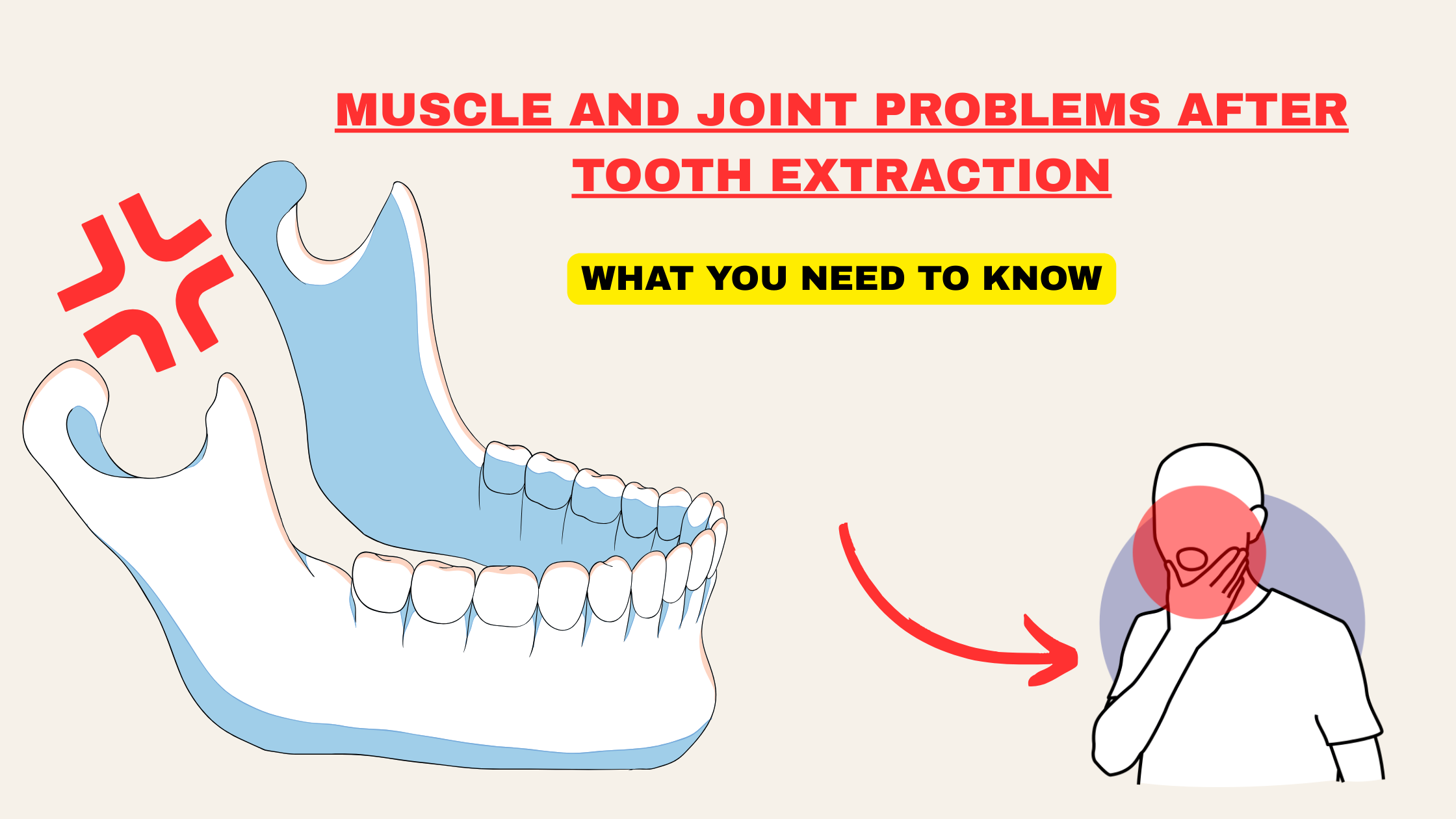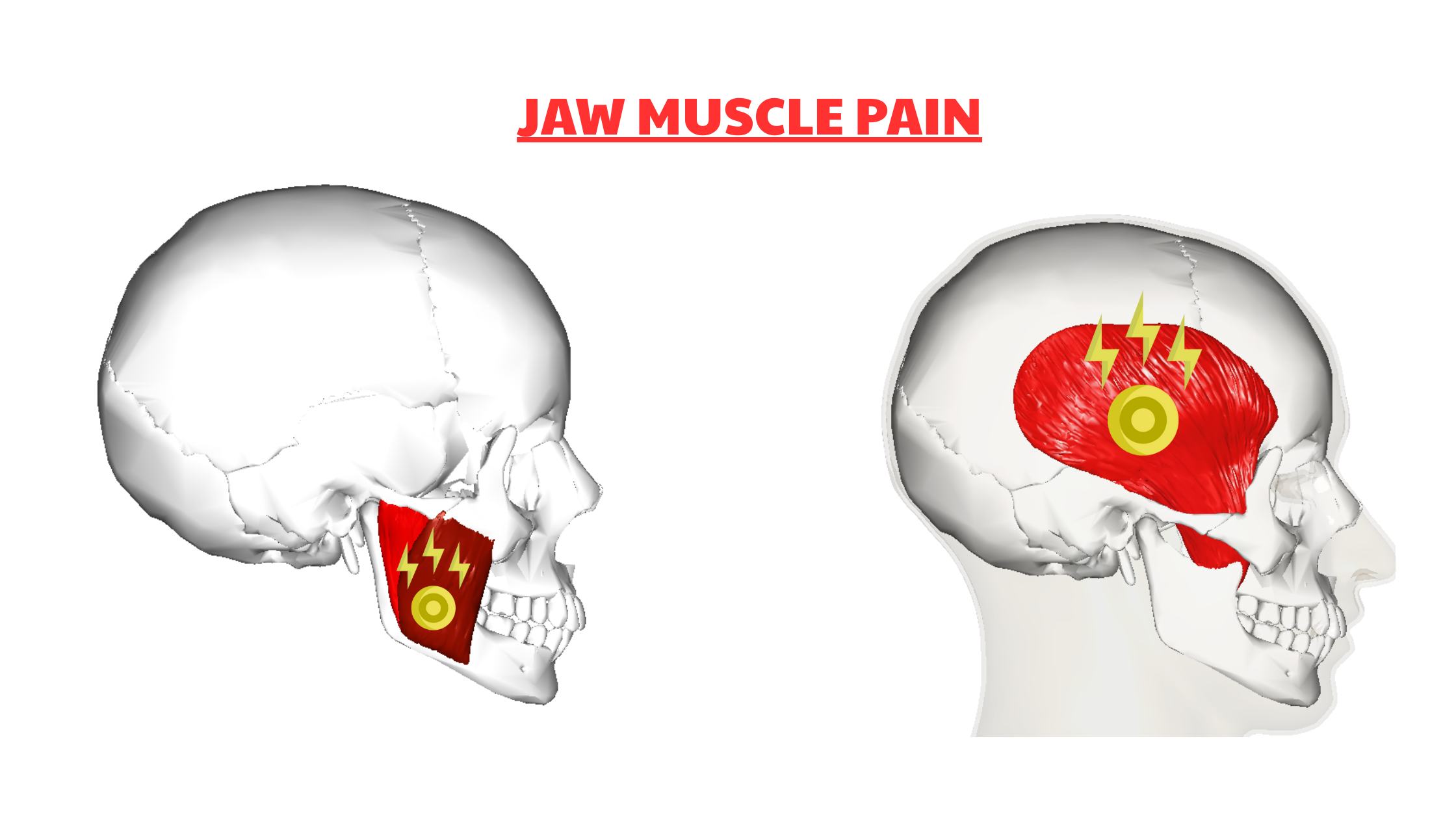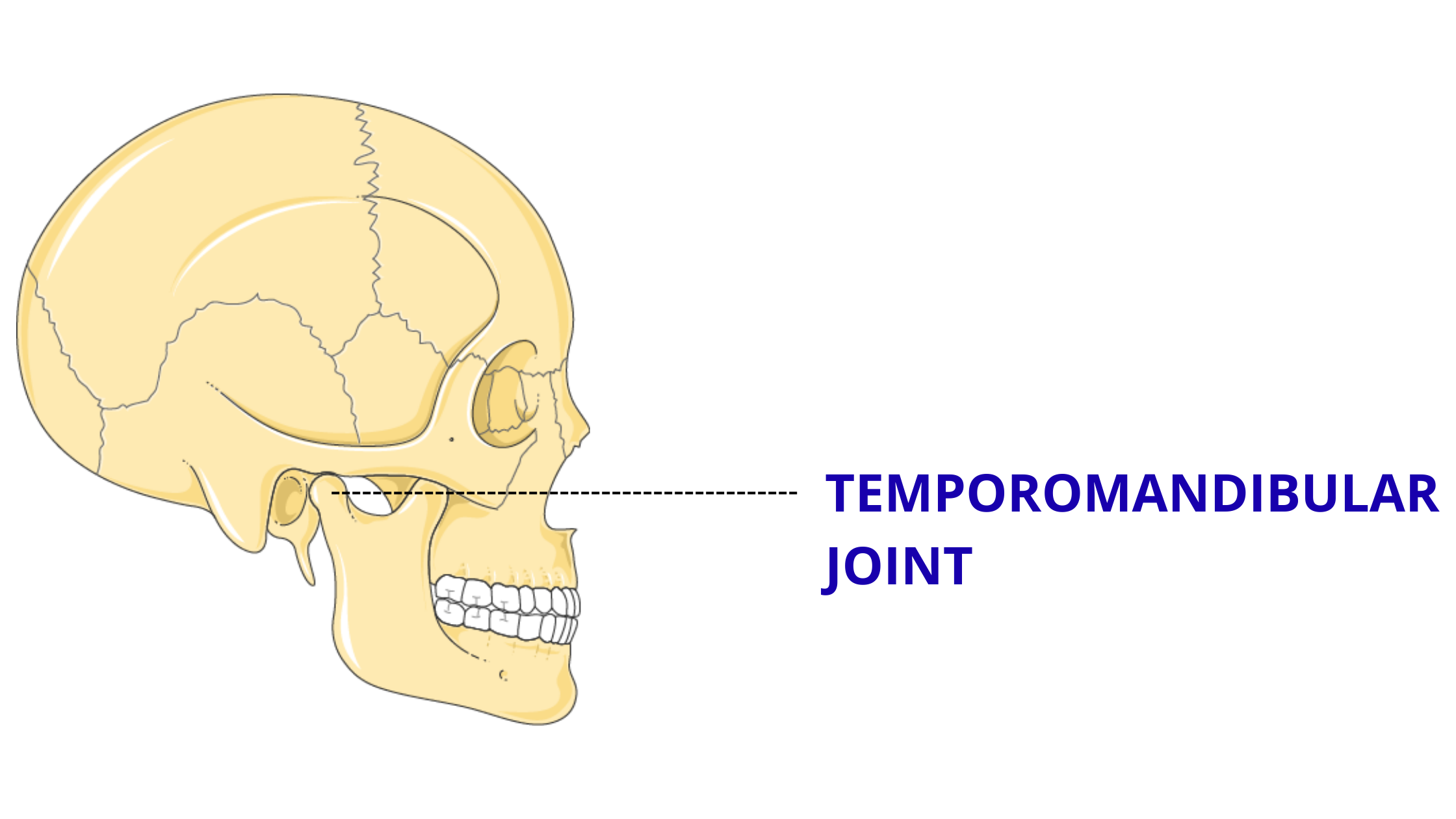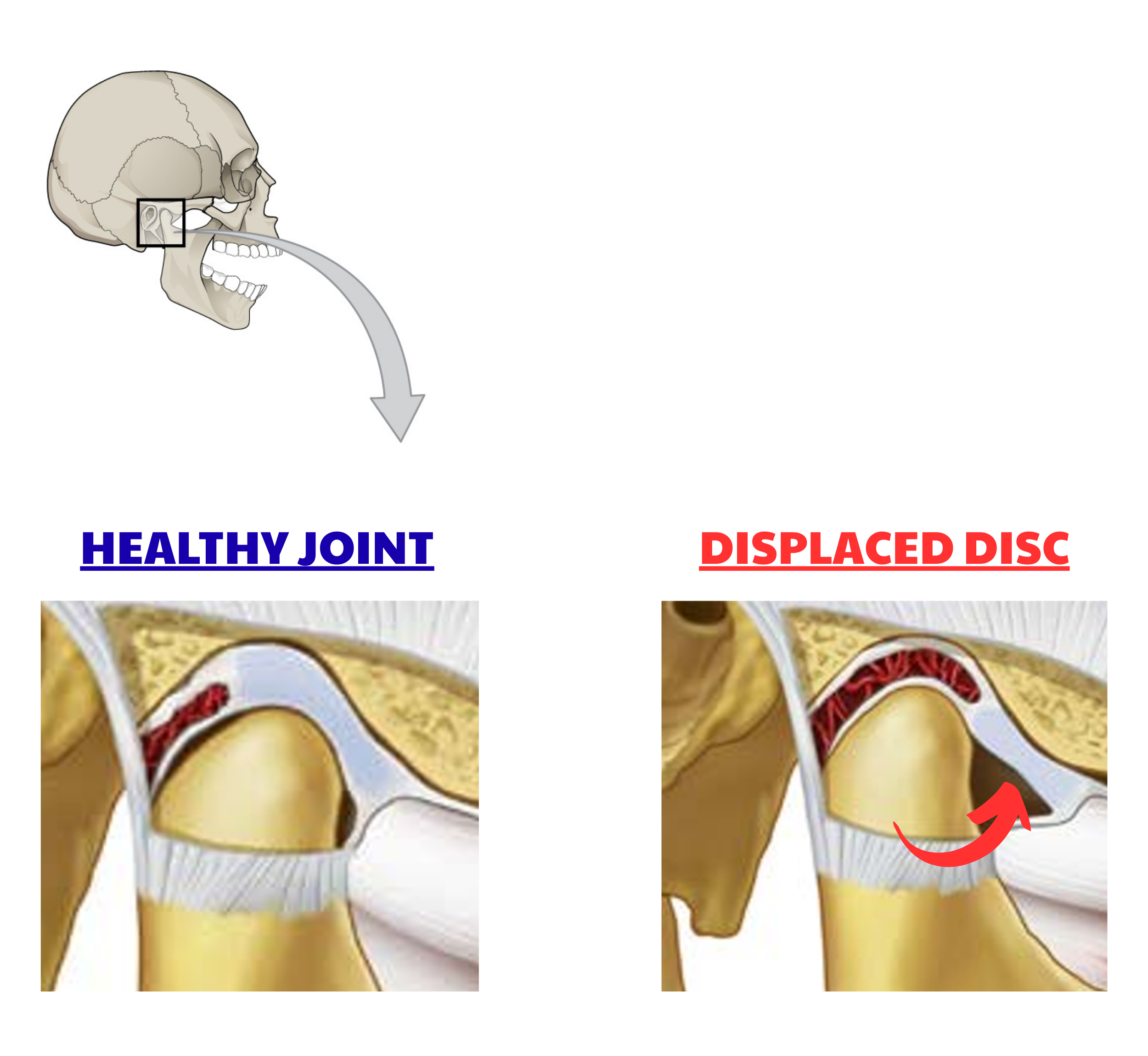Common Jaw Problems After Tooth Extraction (Muscle and Joint)

It’s so common to feel some jaw pain or stiffness the next day after having a tooth extraction—especially if the procedure was too long or complicated.
This is even more likely with lower wisdom teeth, since they are usually the most challenging to remove.
While it can cause some discomfort and make opening your mouth uncomfortable, this is usually a temporary issue that resolves on its own within a few days.
This is even more likely with lower wisdom teeth, since they are usually the most challenging to remove.
While it can cause some discomfort and make opening your mouth uncomfortable, this is usually a temporary issue that resolves on its own within a few days.
In this article:
How can tooth extraction lead to jaw problems?
It’s completely normal to have some jaw discomfort after a tooth extraction. The longer and more complicated the procedure is, the more likely it is to happen.Most of the time, the discomfort comes from the muscles and ligaments that support your jaw.

Why does this happen? During the procedure, your mouth may have stayed open for a long period, and in some cases, your dentist might have needed to use extra force to remove a stubborn tooth.
Since your jaw muscles and ligaments aren’t used to that kind of strain, they can become sore. That’s similar to how your legs feel after exercising for the first time in a while. The soreness doesn’t appear immediately, but usually a day or two later.
In the same way, muscle stiffness is often noticed the next day after a long dental appointment. Common symptoms include:
- Jaw stiffness
- Muscle tightness
- Pain when moving the jaw (eating, talking, or yawning)
- Difficulty opening the mouth fully (trismus)
- Pain spreading to nearby areas, such as the ears, joints, or temples
Another possible cause of jaw pain is a local tissue injury. This can happen if the anesthetic needle or a sharp dental instrument irritates or damages a nearby muscle or ligament.
The good news is that these problems are temporary and not serious. With rest, your jaw muscles and ligaments will heal on their own, and the discomfort will go away within just a few days.
Joint issues after tooth extraction
A long and complex dental procedure can affect not only your muscles but also your joints. Still, most problems actually come from the muscles rather than the joints.
The joints that connect your lower jaw to your skull are called temporomandibular joints (TMJ). Conditions that affect these joints and the surrounding chewing muscles are known as temporomandibular disorders (TMD).
TMD is more common than you might think, affecting up to 50% of the population. Many people don’t even realize they have it because it’s often mild and without symptoms.
The strain placed on your joints during an extraction can sometimes make an existing issue worse and bring out new symptoms. A common situation is noticing a clicking sound in your jaw that wasn’t there before.
Other symptoms include:
- Discomfort in the joint area
- Pain that worsens when you bite down or move your jaw
- Noises in the joints when opening the mouth
- Difficulty opening the mouth fully
Most joint issues after dental procedures are mild and not serious. If you notice a new clicking sound, it will likely disappear on its own within a few weeks.
Even if the clicking persists, it’s usually nothing to worry about as long as there’s no pain and it doesn't interfere with your mouth opening or jaw movement.
When should I worry about joint problems after tooth extraction?
In rare cases, the damage can be more serious and cause the structures inside the joint to become dislocated. If left untreated, this can lead to chronic or even permanent changes.Each joint contains a tough fibrocartilage disc that absorbs stress and allows smooth, pain-free movement.
Prolonged mouth opening or too much tension during the procedure can overstretch the ligaments that hold this disc in place, causing it to slip completely forward.

When this happens, symptoms are usually more noticeable and may include:
- Severe restricted mouth opening
- Pain when trying to open fully
- Your jaw shifts to one side when opening
- Your bite has changed and doesn't feel aligned
In some cases, not only the disc but the entire articulation can move out of place and lock forward. This is called joint luxation and happens when the mouth is forced open beyond its limit. The jaw gets stuck in an open position, leaving the teeth apart and unable to close.
These complications are more serious but, fortunately, rare. If you suspect your disc or joint has been displaced, see your dentist right away. The joint needs to be repositioned as soon as possible to prevent permanent changes that can be much harder to treat later.
How to manage jaw problems after tooth extraction and speed up recovery
Since most jaw discomfort comes from strained muscles and ligaments, these tips can help:- Apply warmth: Place a warm, moist towel on the sore area for 15–20 minutes, then gently massage in slow, circular motions—without pushing into pain.
- Avoid forcing your jaw: Don’t try to open your mouth too wide. Stay within a comfortable, pain-free range.
- Stick to soft foods: Choose an easy-to-chew diet and avoid hard or chewy foods like gum, apples, or nuts.
- Eat slowly: Take small bites and chew slowly and gently.
- Follow your dentist’s advice: Use any prescribed medications as directed.
Jaw muscle soreness usually fades within a few days. As this happens, trismus will ease, and you’ll be able to open and move your jaw normally again.
Takeaway
Most jaw problems after tooth extraction are temporary and reversible. In most cases, it’s simply muscle soreness that improves on its own with rest.However, if you still have difficulty opening your mouth after two weeks—and it’s associated with symptoms like pain, joint noises, bite changes, or your jaw shifting to one side—don’t wait to call your dentist. It could be a more serious joint issue that needs proper care.
- Trauma to the Temporomandibular Joint Following Tooth Extraction via Dental Students - PMC
- Manual reduction of articular disc after traumatic extraction of mandibular third molar: a case report - PMC
- Prevalence of Temporomandibular Disorders Between 2015-2021: A Literature Review - PMC
- Management of Temporomandibular Disorders and Occlusion, 8th Edition by Jeffrey P. Okeson, DMD